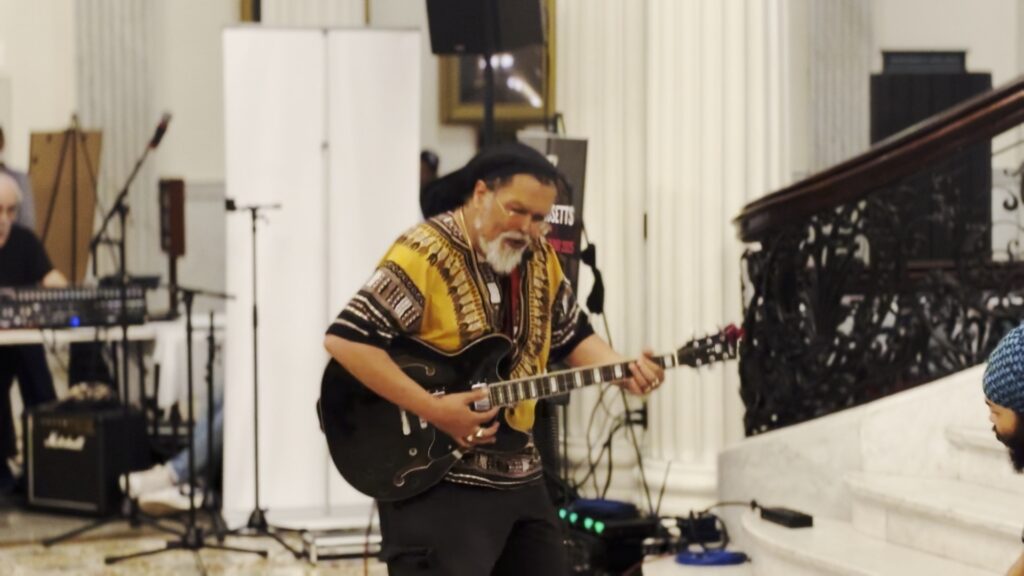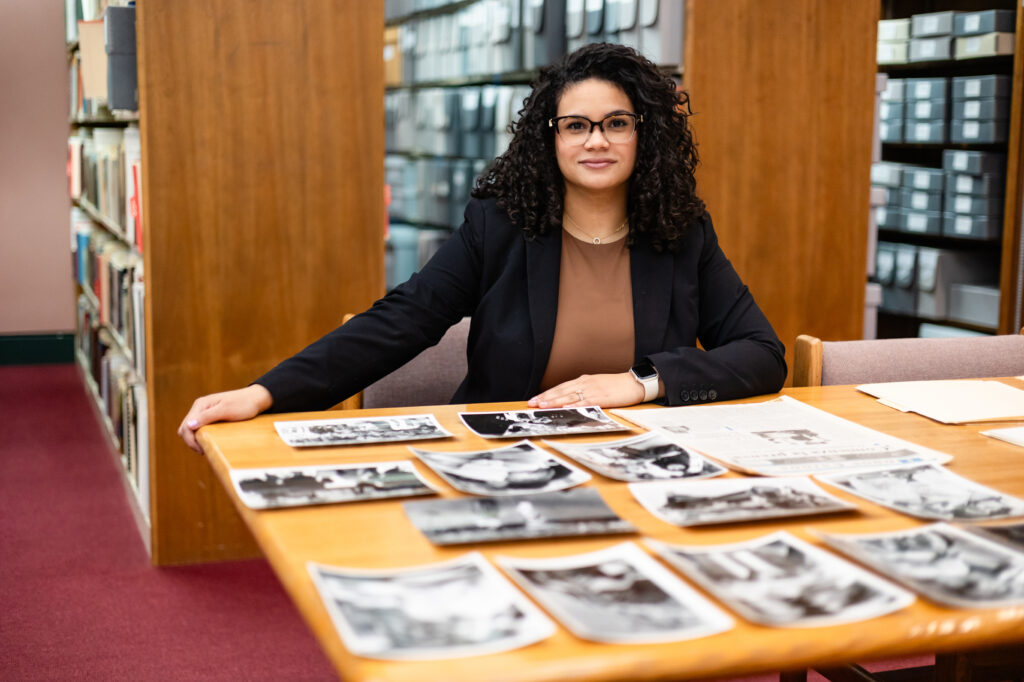Watch: Creative Sector Advocacy Day 2025

Creative Sector Day 2025 took place at the Massachusetts State House on April 30. Aerialists, musicians, artists, policymakers, youth performers, photographers, dancers, and more gathered to show their support for the power of culture in the commonwealth. Watch this brief video recap of the day, and visit MASSCreative’s website for creative advocacy resources.
Expanding Mass Stories – Latinx Community Center for Empowerment

The “Lowell Latinx Archive” is an oral history and photography project created by the Latinx Community Center for Empowerment (LCCE) in Lowell. We recently sat down with María Aybar, director of operations and founding member, and Diego Leonardo, executive director and founder, to reflect on the impact of community based storytelling. LCCE is based in […]

